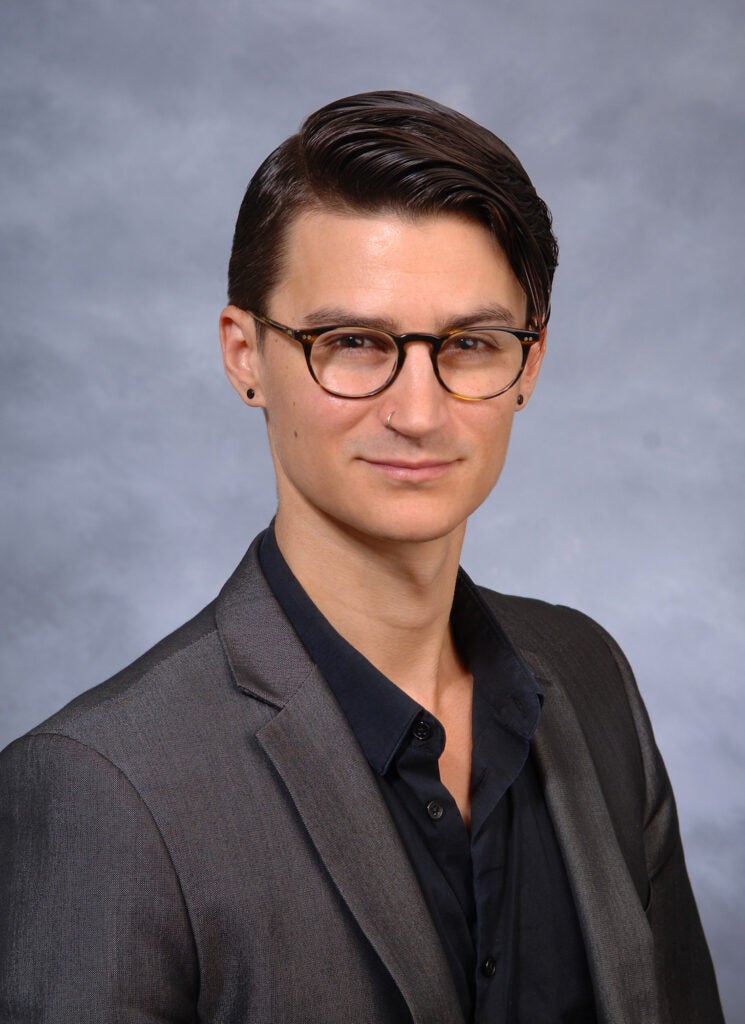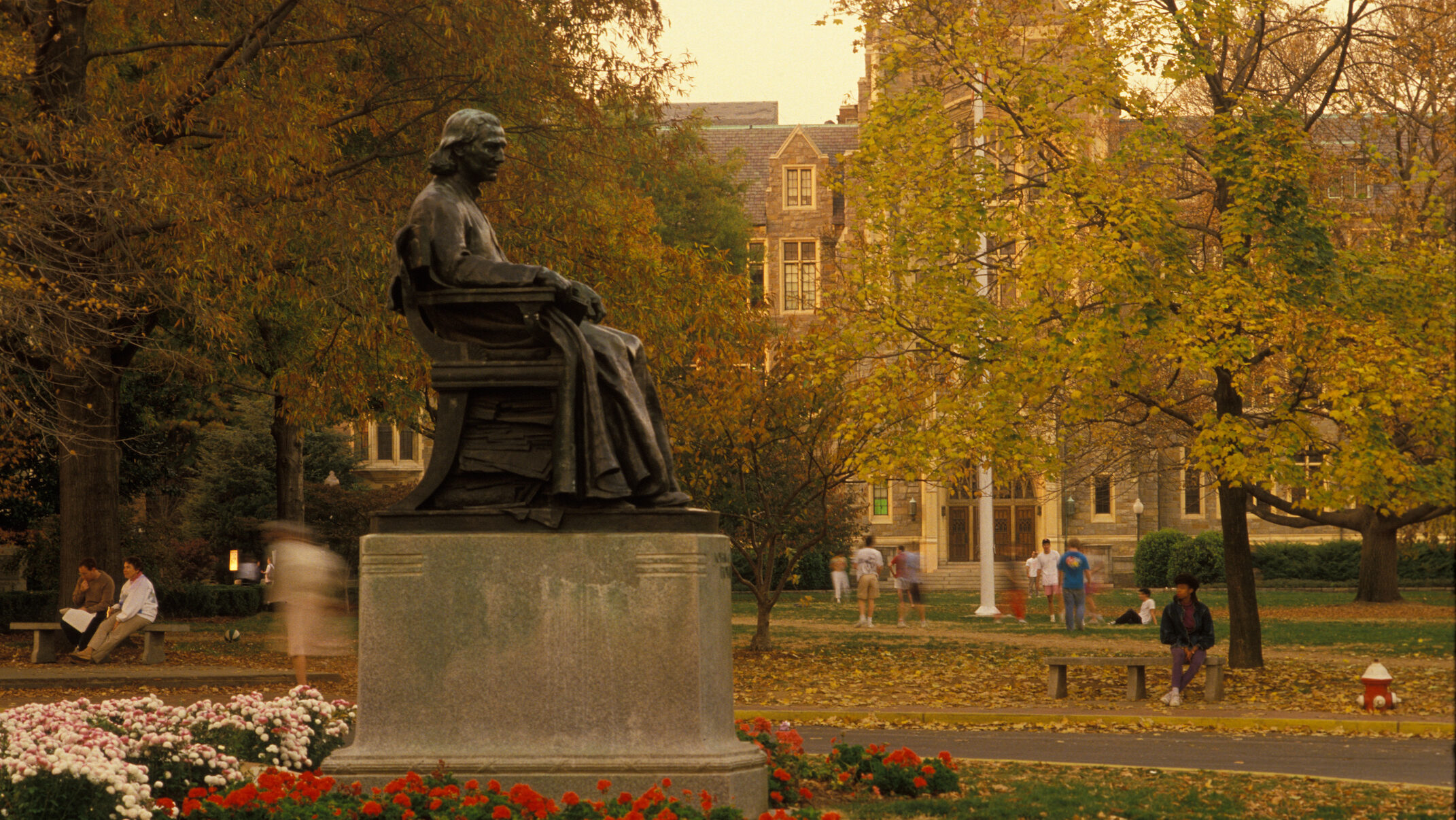Academic Journal Founded by College Professor Provides Focal Point for Disability Studies
The Journal of Philosophy of Disability, launched last year by Joel Michael Reynolds, is celebrating the publication of its second issue this November. Founded to examine questions of “disability, broadly construed,” it is the official journal of the Society for Philosophy and Disability and the first of its kind in a field defined by its intrinsic interdisciplinarity.
“The field of philosophy of disability has been around since at least the nineties, and it has steadily grown,” explains Reynolds, who founded the journal last year. “But there has never been a dedicated, scholarly outlet for debates in the field to develop according to their own terms and for scholars working in the field to have a very focused place to engage with one another.”
That all changed last year, when the journal’s first issue made waves in the disability studies space. Reynolds, an Assistant Professor in the College of Arts & Sciences Department of Philosophy and a Senior Research Scholar in the Kennedy Institute of Ethics, is one of the core faculty members of the College’s Disability Studies Program. Pulling together funding and resources from disparate sources was essential to getting this project started.
“I was grateful to work with the Philosophy Documentation Center to get it up and running, thanks to the very generous support of Georgetown University,” Reynolds says. “It would not exist without Georgetown, so I’m very thankful to them.”
Building Space, Inviting Conversation

Prof. Reynolds.
Reynolds edits the journal alongside Teresa Blankmeyer Burke, a philosophy professor and bioethicist at Gallaudet University. In an opening salvo framing the journal’s purpose and intent, the two outlined the need for such a journal.
“By virtue of the centrality of disability to all life, philosophy of disability is a field that touches upon nearly every area of philosophical inquiry,” they wrote. “The Journal of Philosophy of Disability has been founded to be a locus for deepening philosophical debates around disability, which is to say, a locus for deepening philosophical debates about a central aspect of being human.”
The journal includes more than just peer-reviewed articles, which are an important part of growing the field as a unique academic space, and also publishes book reviews, editorials, invited pieces from eminent scholars and even reprints of landmark works. In short, the journal is a home and focal point for all things related to the philosophy of disability.
For Reynolds, the journal brings together two groups of people – those who are committed to building out disability studies in higher education through programs and initiatives and those who are committed to building out the research side, through peer-reviewed articles and edited volumes.
“There’s a natural synergy here,” Reynolds explains. “We need people doing this work – doing it together and doing it in conversation with one another. I think people are very happy that it exists, that it’s open access, and that it’s sparking debates in good ways, sparking genuine conversations that are rooted in disability experience.”
The managing editor is Sabrina Leeds, a third-year doctoral student in the Department of Philosophy. The journal’s work intersects with the College’s Disability Studies Program, giving another platform for professors and students to expand their studies and research.
“I hope that the journal sparks conversations about what, exactly, philosophy of disability is and how it is distinct from, but always in conversation with, disabled philosophy, disability studies, philosophy of medicine, bioethics and phenomenology,” Leeds says. “I think that clarifying the differences between these areas, examining what each of them can do for us and mapping out the contours of the ongoing conversations between them has the potential to provide us with novel conceptual tools that might be practically useful for the purpose of disability rights activism and the pursuit of intersectional liberatory projects.”
The second issue promises to live up to that aspiration,exploring definitions of disability and how those interact with lived experiences. The journal includes a piece from Thomas Nadelhoffer, a professor at the College of Charleston, that explores how individuals with chronic pain have been excluded from the discussion of disabilities. Another important piece is from Quill Rebecca Kukla, a professor in the Department of Philosophy and the Kennedy Institute of Ethics and director of the Disability Studies program, on how diseases are defined and the ways in which those definitions matter.
“Our main vision for the future is one of enriching ongoing debates and research,” says Reynolds. “We are building out new areas of inquiry inside of philosophy of disability and are helping to sustain a growing community of philosophers of disability.”
